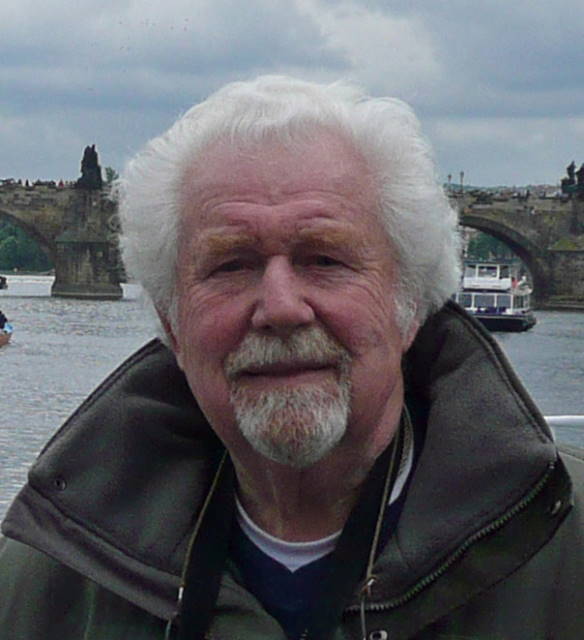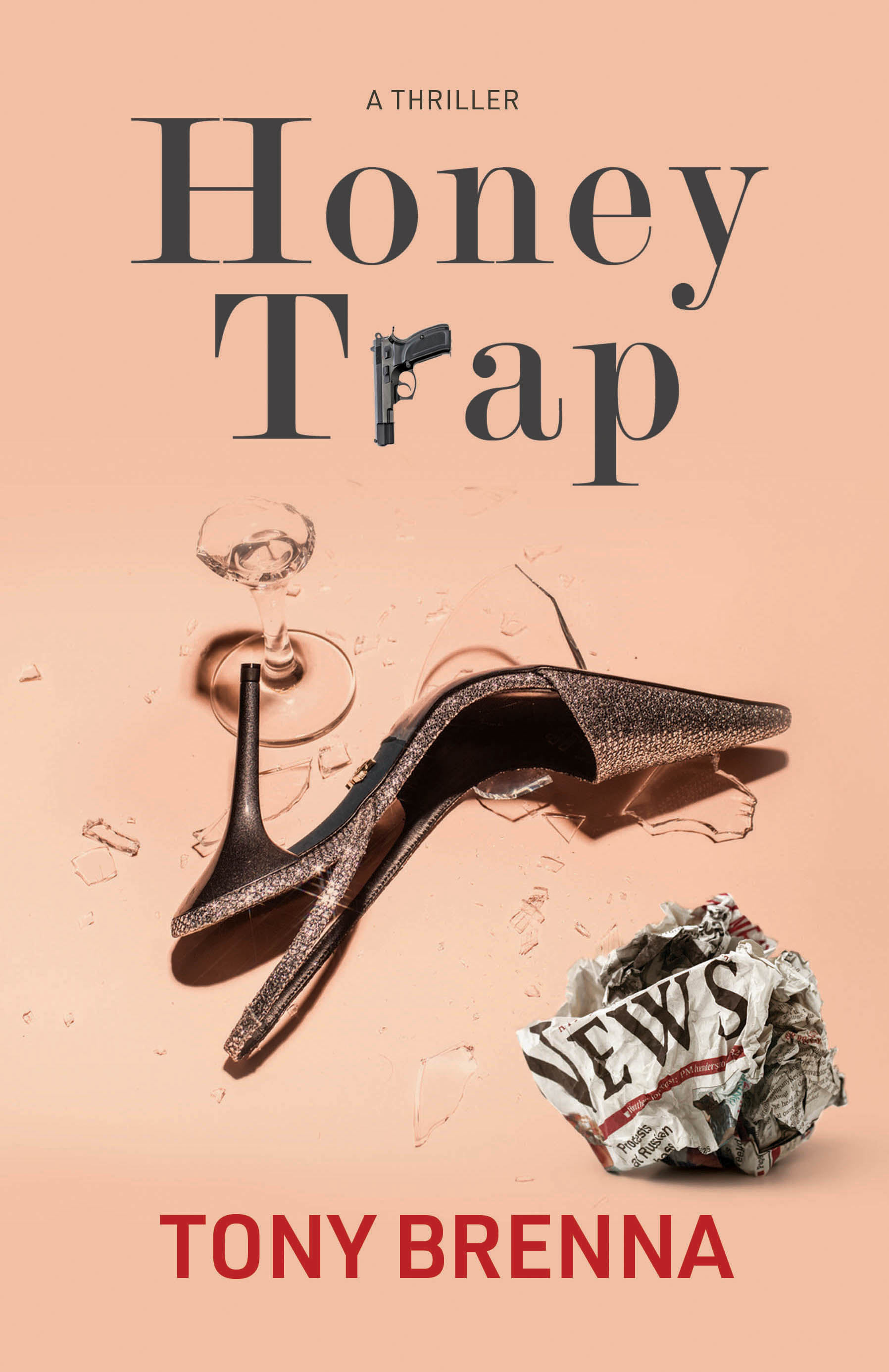We May Be the Experiment Nature Regrets
One gets thoughtful at times like this. We’re sitting on an insignificant planet revolving around a modest star, surprisingly enabling life in its myriad forms to emerge successfully. And so far, we haven’t discovered another world remotely like Earth.
On the Olympic Peninsula with Puget Sound lapping my doorstep, it’s difficult imagining thousands of Virus victims fighting for their lives — struggling against a minute, invisible enemy intent on ending all their dreams.
But the snow-capped mountains near me don’t care. Nor do eagles and hawks, soaring on the spring thermals, give a damn. As far as they’re concerned, we’re the destroyers — and deserve punishment after what we’ve done to their world.
To birds and animals, we’re the gun-totin’ aggressive freaks who flattened their forests, poisoned the waters they relied on for food and quenching thirsts.
Over the past four centuries, the natural world’s seen too many of these two-legged dudes come and go; Indians, Europeans, Asians, brown, black and white types. It’s watched them fight and quarrel, slaughter one another. And it’s seen previous plagues wipe out the biped butchers: bubonic plague, smallpox, tuberculosis, syphilis, flu, and many others just as lethal.
But humans are resilient and resourceful. So far, they’ve found ways to survive — but one must ask for how much longer?
Here in the Pacific Northwest, we’ve occupied vast territories where wolves, cougars, beavers, and other critters flourished amid trees 150 feet high and thousands of years old. But the sound of axes and later chain saws took care of that. Now our feathered friends search frantically for places to nest away from our noise and smells. As the forests go down, that crucial right spot is harder and harder for them to find.
Elk and deer don’t like us either. In eighty years, their verdant trails were paved over, replaced with dangerous roads that are hard on the hoof. Along these fly cars fueled by eons-old sunshine transformed into oil, which leaves nasty residues on the ground and choking fumes in the air.
We’ve also dug mines, great gaping holes in mountains, torn up the riverbeds in a lust for gold, destroyed untold numbers of animals with guns and petrochemical pollution. We called it progress and got rich doing it.
On our waterways, ships as big as apartment blocks discharge sewage, plying Puget Sound and the Pacific packed with drunk, divorced, and overfed passengers. And beneath them, submarines loaded with weapons capable of scorching the planet make their lethal way past my house high on the bluff. Meanwhile, terrified starving Orca whales compete for the few remaining salmon against modern fishing fleets armed with the latest fish-locating electronics.
In the space of a couple of hundred years, this paradise has become the destination for rapacious exploiters stripping out the timber, monopolizing seafood and mineral wealth.
Seattle and surrounding areas attracted me from boyhood — when it promised access to all the natural wonders I craved. Having survived the London blitz, I came to America in my thirties. I lived in the four corners of this vast country, starting in New York, moving to Florida, then to California, and finally, Washington State — where for thirty years, I’ve dwelled on aptly-named Termination Point. It’s a jog of land with water on three sides protected by snow-covered Olympic peaks. I love the place.
Born in England, I arrived in America 56 years ago. Like others, I sought a better life — and more journalistic opportunity. International media sent me around the world. I reported wars, witnessed, famine, and the waste of American plenty and the inequity of a country where one percent have all the wealth — while the homeless sleep in hundreds of thousands on the streets.
Working for newspapers, from broadsheets to tabloids, I covered science, the environment, diplomacy, politics, the celebrity world. I interviewed people at the peak of success, others despairingly hitting bottom. I saw murderers imprisoned — and during a frightening assignment to Uganda, men and women brutally executed with sledgehammers. Frankly, after 68 years in journalism, I’m not excessively impressed by humanity. Mankind would be better-named Man-unkind.
In my 87th year, I’m like the rest of you confined to home. Yes, I am one of the lucky ones, living close to still existing patches of unspoiled beauty and wildlife, and I strive to keep it that way by protecting natural habitat. Outside, today my yard is yellow with daffodils, brilliant with assorted rhododendrons.
Douglas firs, madronas, and maples bend in the breeze, hummingbirds perform aerobatics. It’s silent, and the air is clear without cars and trucks; that background buzz from the main road has gone.
Everything’s seemingly ordinary, but this is the most extraordinary time, one that may change our foul, divisive, insular attitude and malignant history. We may even learn the planet’s a small place, that we should look after it. And we should know it’s a lot older than us — and can strike back with devastating results if we don’t stop grinding and chopping it to pieces.
After weeks of being locked up in our homes, will we return to the existence we knew before this pandemic? Will greed continue stealing our souls? Will we keep electing politicians who don’t care about environmental devastation, despicable ferociously-ambitious people obsessed with wealth and power? Corporate types who discount nature in all its forms and at all our danger.
Corona Virus won’t be the last plague arriving in our time. It’s the first cruel hint of the devastation to come. With global travel, climate change, nuclear proliferation, ocean acidification, overpopulation, drought, fire, and increasing animal and insect extinctions, there’s sure to be more deadly stuff coming.
The ugly truth is when the natural world with its vast maturity becomes too damaged, it won’t continue to tolerate us. Then with us long gone, maybe, the planet will sigh with relief and start cleaning up the mess we’ve created.
There’s still plenty of time left for the world to become pristine again — but likely without us. We may be the experiment Nature regrets.
So let’s hope for the sake of children, this epidemic’s an eye-opener for retarded governments and mini-minded politicians.
It demonstrates we’re starting to pay for the destruction we have thoughtlessly caused. It’s a sign something is going badly wrong.
It’s a message from the universe: we can’t chop down the Amazon, keep bombing, and blasting one another, turning our populations into disease-ridden refugees. It’s a warning: we have to be a more agreeable kinder, more cooperative species. That for once, we must use our Big Brains for mutual benefit, not mutual destruction.

